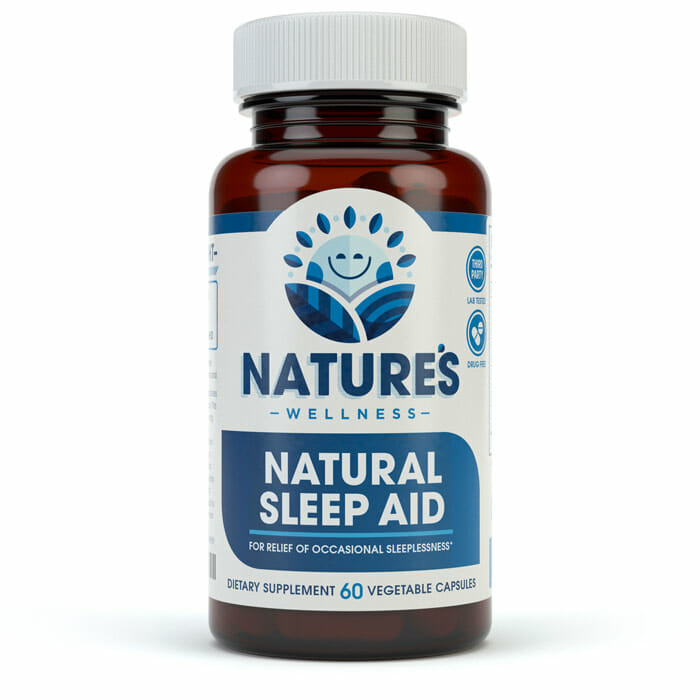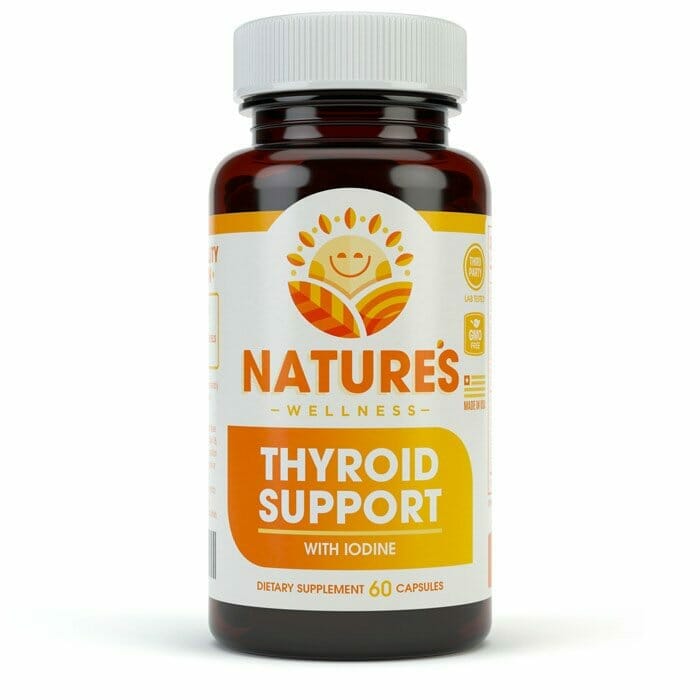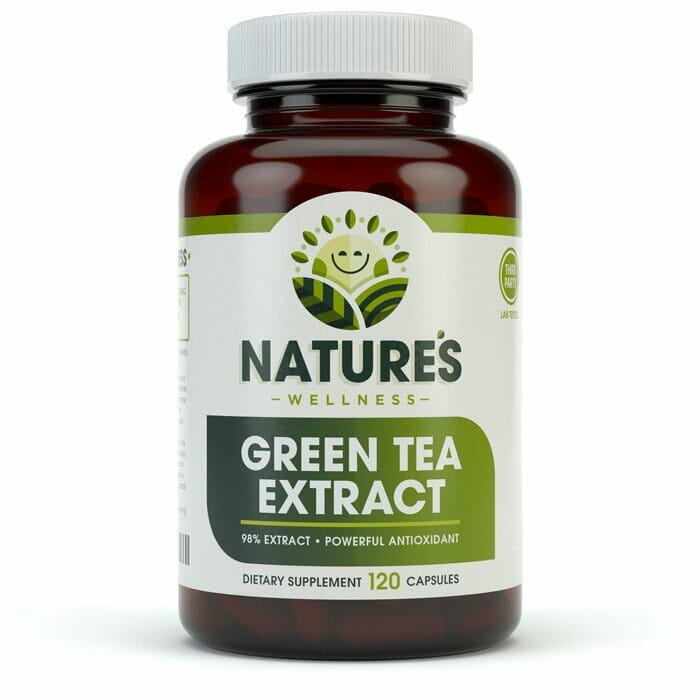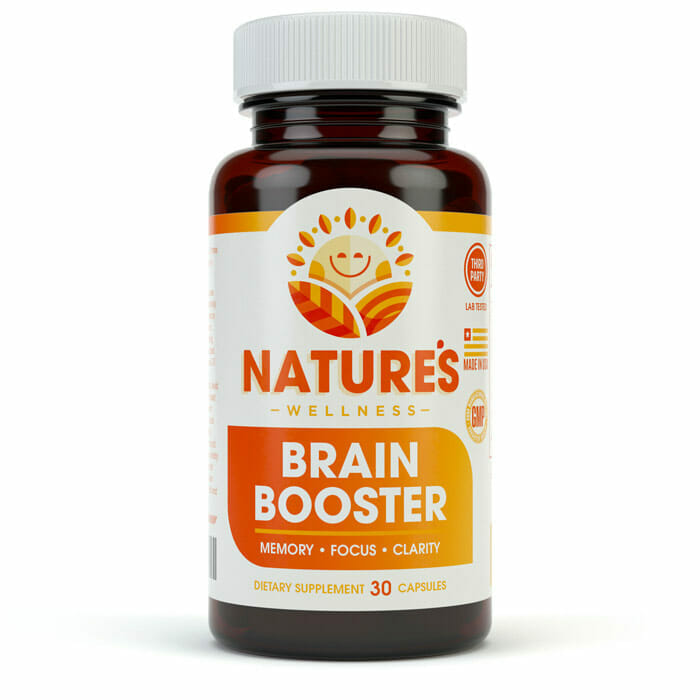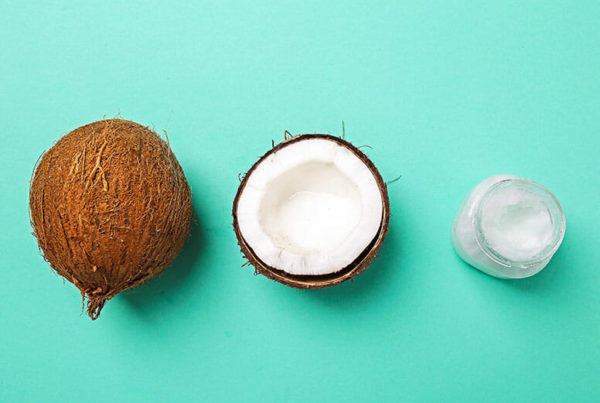
Do you cry while watching “This Is Us”? Have you ever felt nervous before an important presentation? Feeling situationally sad or nervous is a normal part of the human experience. However, mental health-related illnesses like depression and anxiety do not fade away when the situation is over or resolved, like normal emotional reactions. In fact, these illnesses often control a person’s thoughts, perceptions, emotions, and behaviors in a chronic, persistent, and overwhelming way.
Mental health disorders are exceptionally pervasive in the United States. Anxiety disorders are the most common mental illness in the U.S., affecting 18% of the population or over 40 million adults in the United States. It is also common for someone with an anxiety disorder to suffer from depression. Approximately 16 million adults in the US, or 6.7% of the population, have had at least one major depressive episode in a given year.
It was once thought that the brain and the gut were two organs working separately from one another, but new science is emerging showing just the opposite. In actuality, the communication system between the gut and the brain is so strong that they are considered the two most closely connected organs in the body. The gut, often referred to as “the second brain”, is comprised of millions of neurons known as the enteric nervous system. Some scientists theorize that this second brain evolved before the central nervous system (brain and spinal cord), making the gut the earliest functioning brain in the body.
There appears to be a symbiotic relationship between the gut and brain meaning that changes in gut microbes can affect behavior and behavior changes can affect gut microbes. This is called the gut-brain connection, a communication pathway that takes place between microbes in the gastrointestinal tract and the neurotransmitters in the brain. The bacteria in the gut are responsible for producing serotonin, GABA (Gamma-aminobutyric acid), and dopamine which all head directly to the brain, playing an important role in mental health. Serotonin regulates mood, GABA calms the nervous system, and dopamine regulates reward-motivated behavior. Recent research has begun to focus on the role gut microbes play in the prevention or management of mental health disorders.
In conjunction with psychological therapy, pharmaceutical intervention remains the “go to” treatment option for people suffering from depression and/or anxiety. While certain medications can be effective for some people, they remain ineffective for others. Furthermore, these medications can also have unpleasant side effects including increased appetite, weight gain, nausea, and fatigue.
Probiotics, or healthy bacteria, may help improve the mental well-being of people not responding well to medications, with few side effects. In addition to reducing stomach discomfort, enhancing the immune system, and diminishing oxidative damage, probiotics have the capacity to restore and balance the gut flora, reducing the symptoms of anxiety and depression. Recent studies show that probiotic supplementation in patients with mild to moderate depression significantly improved their mood. Another large meta-analysis of ten studies showed similar results, finding that probiotics were associated with a significant reduction in depressive symptoms. For people suffering from anxiety, emerging research has indicated that probiotics significantly decreased anxiety compared to the control group.
As we discover more about the brain-gut connection and how gut microbes impact our mental health, the use of probiotic supplementation is a promising avenue to explore for the many people suffering from mental illness.

